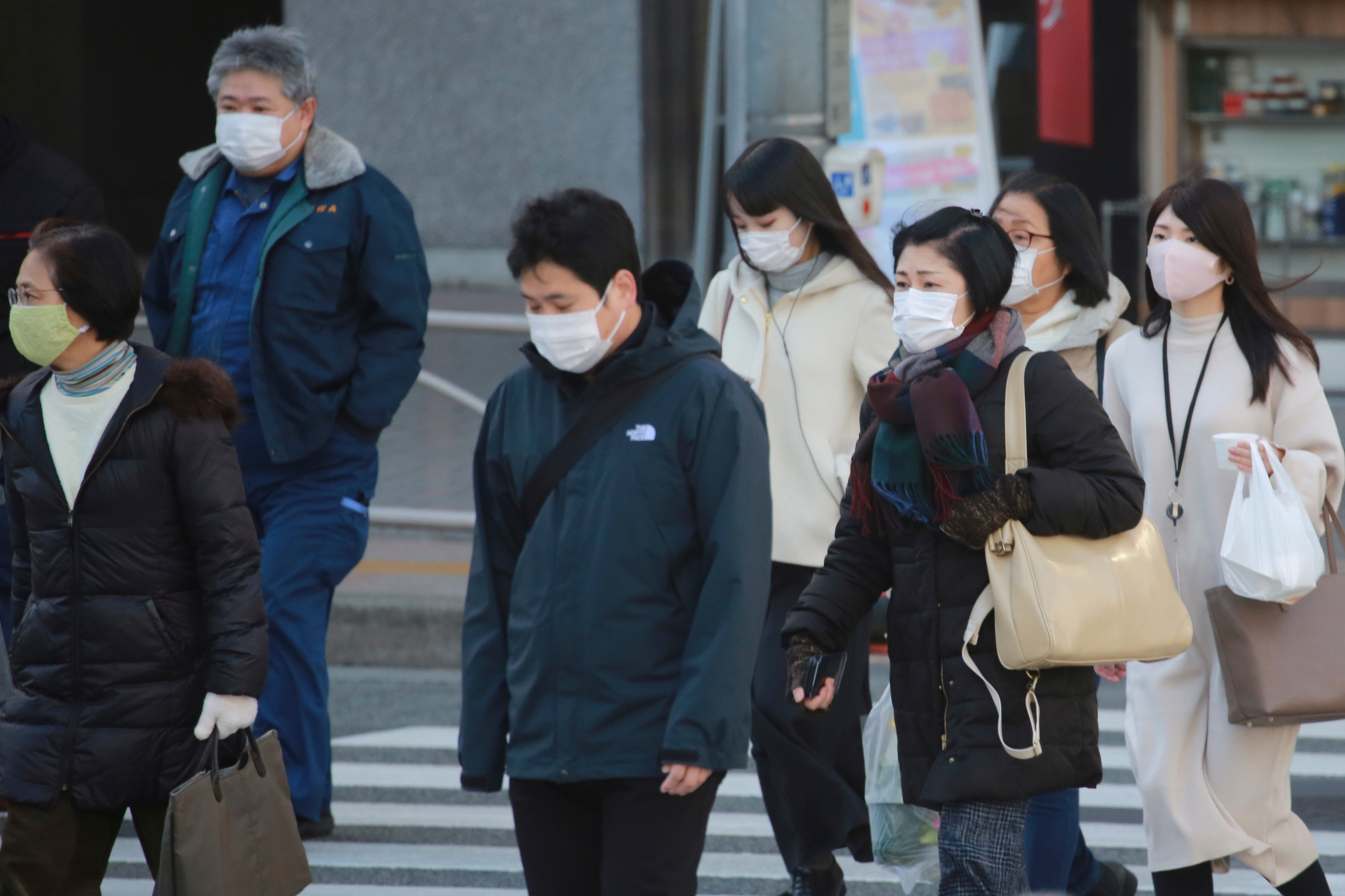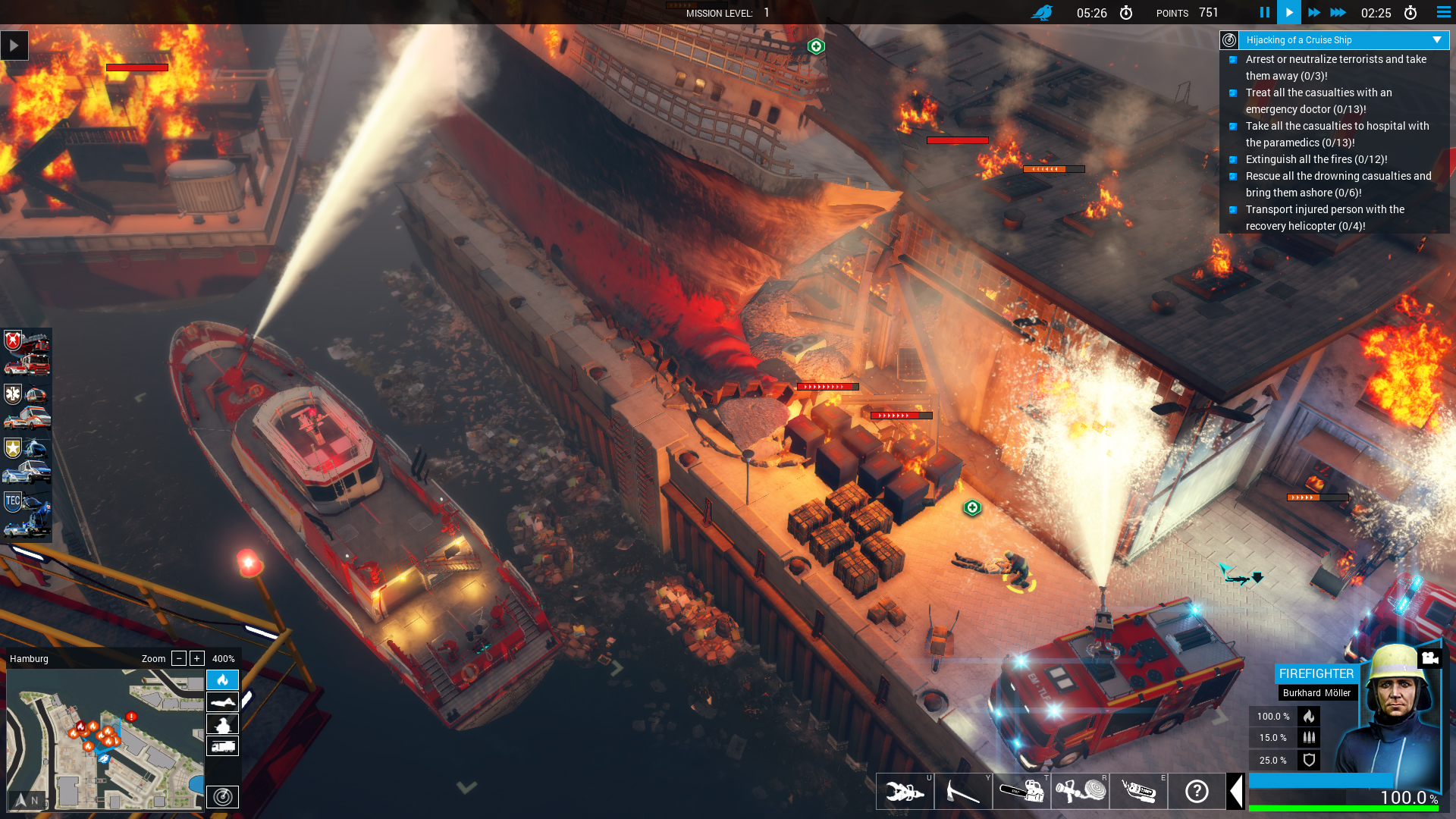

In March 2020, with Washington at the epicenter of the first documented outbreak in the nation, the governor shut down schools, banned large public gatherings and businesses deemed nonessential. During the pandemic, Inslee implemented some of the strictest measures among the states after declaring a state of emergency at the end of February 2020. The Legislature long ago gave the executive branch sweeping power during declared emergencies. Some pandemic programs – such as the WA Notify contact tracing, testing programs and mobile vaccination clinics – will remain operational after the state of emergency ends. We will continue our commitments to the public’s well-being, but simply through different tools that are now more appropriate for the era we’ve entered.” “Ending this order does not mean we take it less seriously or will lose focus on how this virus has changed the way we live. “We’ve come a long way the past two years in developing the tools that allow us to adapt and live with COVID-19,” said the governor. Still, Washington continues to announce about 10 deaths daily due to the virus, according to the governor’s office. More than 14,000 Washingtonians have died of COVID-19, according to state health data, which is among the lowest per capita COVID death rates among the states. If you are represented by WSNA for collective bargaining, contact your nurse representative for more information on the items listed above.Inslee’s announcement in a Thursday news conference comes as the pandemic – along with public appetite for government controls to curb the virus – have waned, with more people becoming vaccinated or getting immunity after recovering. We will also continue to monitor any changes resulting from the end of the state of emergency and keep our members informed. We will continue to advocate for measures that protect nurses, patients, and our communities. While WSNA applauds signs that the pandemic is waning, we know that COVID-19 remains a threat to the public’s health. Vaccines and booster shots have helped to dramatically reduce the number of patients hospitalized for COVID-including frontline healthcare workers. We stand firmly behind COVID-19 vaccination and booster shots as a key strategy in saving the lives of patients, family members, and other members of our communities. WSNA supports science-based public health guidance on COVID-19 vaccination and booster shots. Fair policies should include equitable access to boosters, reasonable timelines for meeting any vaccination/booster requirements, pay for absences due to side effects or for quarantine, and individual workers’ right to opt out for medical reasons or strongly held religious beliefs. This includes protections negotiated by WSNA in agreements around the state, some of which expire once the state of emergency is lifted. Where employers attempt to impose an ongoing mandate, WSNA will assert our right to negotiate any employer COVID-19-related policies that impact the working conditions of our members. However, the Governor’s announcement of the end of the state of emergency made clear that “employers will continue to be able to require them if they choose.” The state mandate for healthcare workers to be vaccinated against COVID-19 will end as of October 31.

This suspension will continue while the federal public health emergency remains in effect. In accordance with state law (RCW 70.41.425), the Department of Health suspended investigation of staffing complaints during the state of emergency. Although Washington’s state of emergency ends on October 31, presumptive workers’ compensation coverage for getting COVID or quarantine due to COVID-19 will remain in effect for the time being because the federal public health emergency continues. This applies during a declared public health emergency. For additional information, contact NCQAC.Ĭurrently, nurses and other health care workers who contract COVID are presumed to have acquired it on the job-in other words, they are presumed eligible for workers’ compensation. In addition, new graduate RNs and ARNPs will no longer be able to receive emergency interim permits authorizing them to practice prior to passing NCLEX or national certification examinations. This is what we know so far.ĭuring the state of emergency, out-of-state RNs were authorized to practice in Washington without a Washington state license. Other measures are ending with the removal of Washington’s state of emergency. 11, 2023, and may be extended again after that. Some measures will continue while we’re still in a federal public health emergency, which was recently extended through Jan. 31, many members are wondering what this means to them. With the Governor lifting the COVID-19 state of emergency on Oct.


 0 kommentar(er)
0 kommentar(er)
